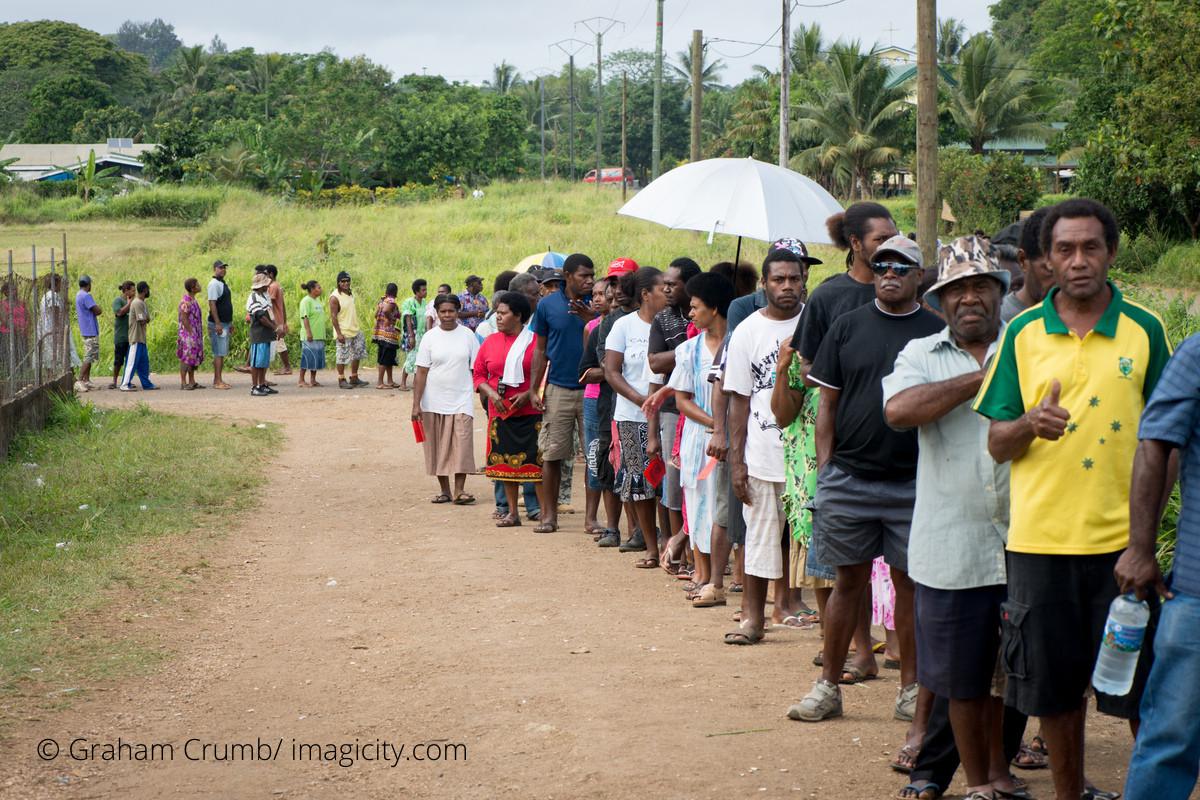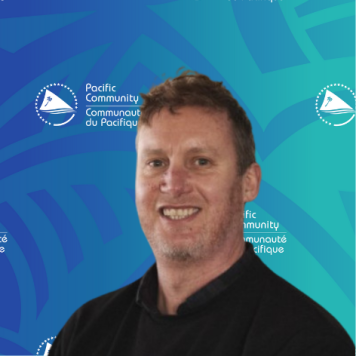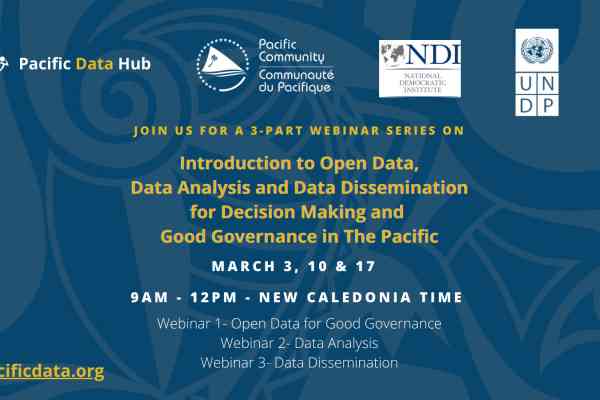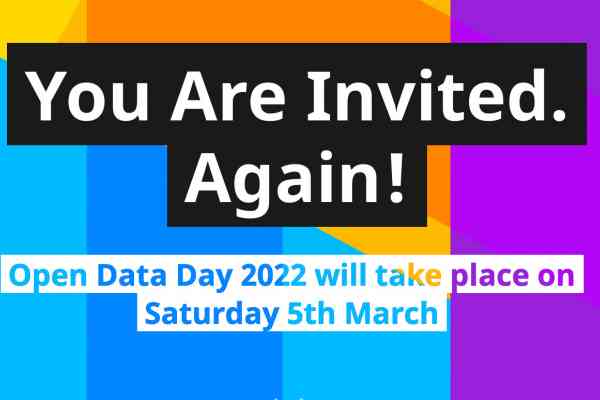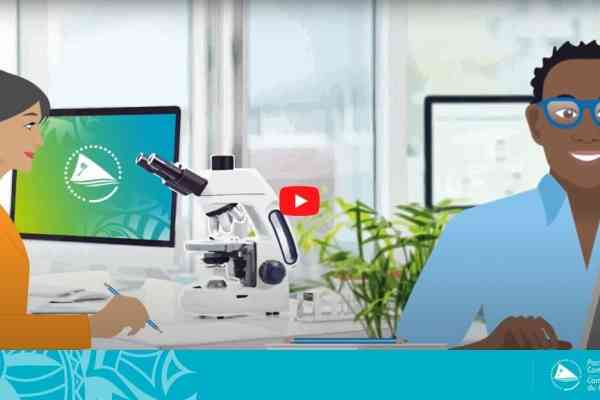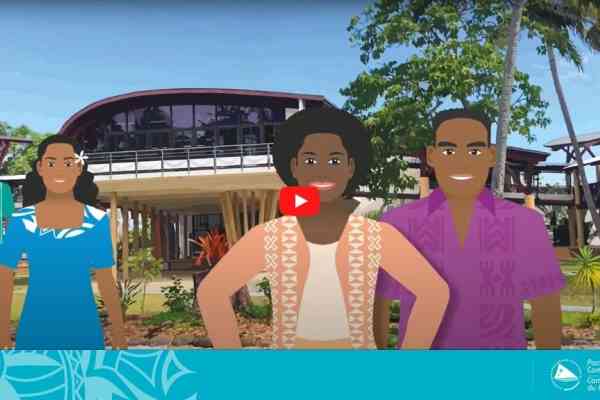(contenu disponible en anglais uniquement)
The World Bank defines open data as data and/or valuable information that is free and easily accessible to anyone, without limitations or restrictions. Data or content is open if anyone is free to use, re-use or redistribute it, subject at most to measures that preserve provenance and openness.Open data brings wide-ranging benefits to governments and many different groups, organisations and individuals. It keeps duty bearers or governments alert and responsive to society and responsible for their actions. Similarly, it empowers rights holders or citizens to know what their government is doing and to hold them to account. It strengthens citizens, including marginalised groups, to be directly informed and involved in the decision-making processes of governance in both public and political spaces.
What is good governance?
Broadly defined, good governance encompasses the processes by which public institutions manage public affairs and resources through which issues of society are decided upon and are monitored. It also guarantees respect for human rights with due regard to the rule of law.
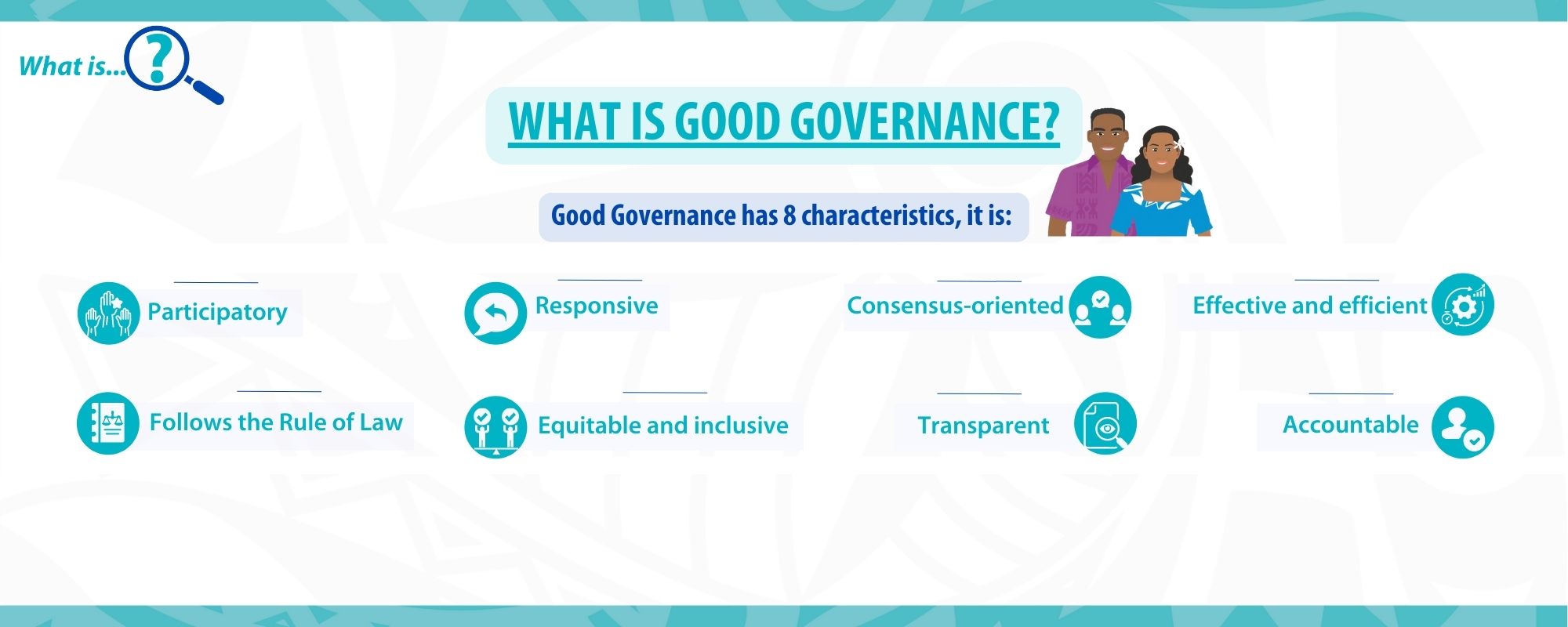
Quality open data underpins each of these. For instance, integrity in government transactions can only be achieved through transparency and accountability, and the latter will only be realised if citizens and organisations have access to quality government data and information.
Why is Open Data critical for good governance?
Quality open data allows citizens to be informed of and monitor government activities and hold governments accountable. It leads to effective and efficient governments with credible institutional and political processes to deliver outcomes necessary to achieve sustainable development.
Promoting good governance is a central priority for Pacific leaders and peoples. These commitments were entrenched in the Biketawa Declaration over 20 years ago and recently reinforced in the Boe Declaration to allow “free, healthy and productive lives” for all the Pacific people.
In the Pacific, some governments have developed Ministerial websites and information systems that people can access to acquire information regarding government's activities, budget spending and policy implementation, including online public services.
Samoa’s database, SADATA - on development and human rights recommendations tracking is a relatively successful open data mechanism currently implemented in the region.
Open data mechanisms must be well resourced and managed to ensure their reliability and accuracy. Moreover, users – citizens – should be educated on how to read and use open data to make informed decisions, advocate for reforms and participate in policy making.
